Fury, The (1978)
“They took my son away from me. They needed him — so they just took him.”
|
Synopsis: |
|
Genres, Themes, Actors, and Directors:
Response to Peary’s Review: — the direction is terrible.” He argues that De Palma “uses slow motion too often, and has a tendency to circle his camera around tables where characters have conversations, calling attention to rather than disguising the banality of the chatter”: — but “of course, the most objectionable thing about this film is the extreme violence (with emphasis on blood spattering in all directions).” While I’m in agreement with Peary that this film is a disappointment on just about every count — it can’t begin to compare with De Palma’s previous film about another girl with telekinetic powers — it seems to me that fans of this type of fare may not be so disturbed by the violence and bloodshed. I’m most distressed by how much obvious care went into production values and special effects for a film that simply doesn’t lead anywhere interesting. The opening sequence on an Israeli beach is action-packed but insufficiently explained: … simply positing numerous faceless “Arabs” as rampantly murderous killers. Next, 61-year-old Douglas — cast simply to bring a big name to the flick — gets to show off his strength and agility in a series of cat-and-mouse scenes (including a harrowing car chase): … that are simply silly and don’t add anything to the storyline. Irving is sympathetic and tries her best in a role that lets her down: … but Stevens is an utterly unlikable “protagonist” who we don’t especially feel driven to see rescued from his plight. Snodgress and Lewis’s roles as supportive sex partners (Snodgress to Douglas, Lewis to Stevens): … are poorly written, and several other supporting characters simply disappear at a certain point. Definitely feel free to skip this one. Redeeming Qualities and Moments: Must See? Links: |

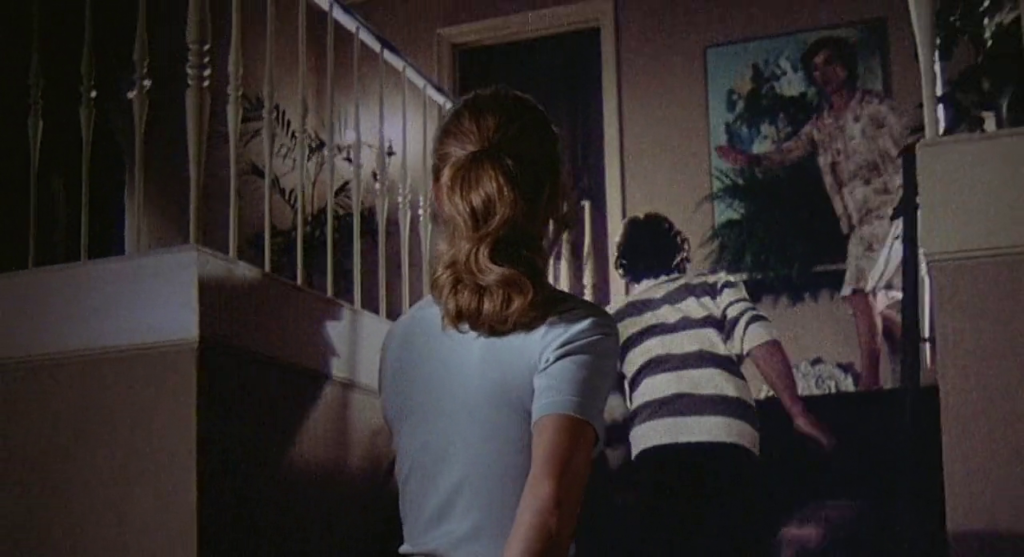
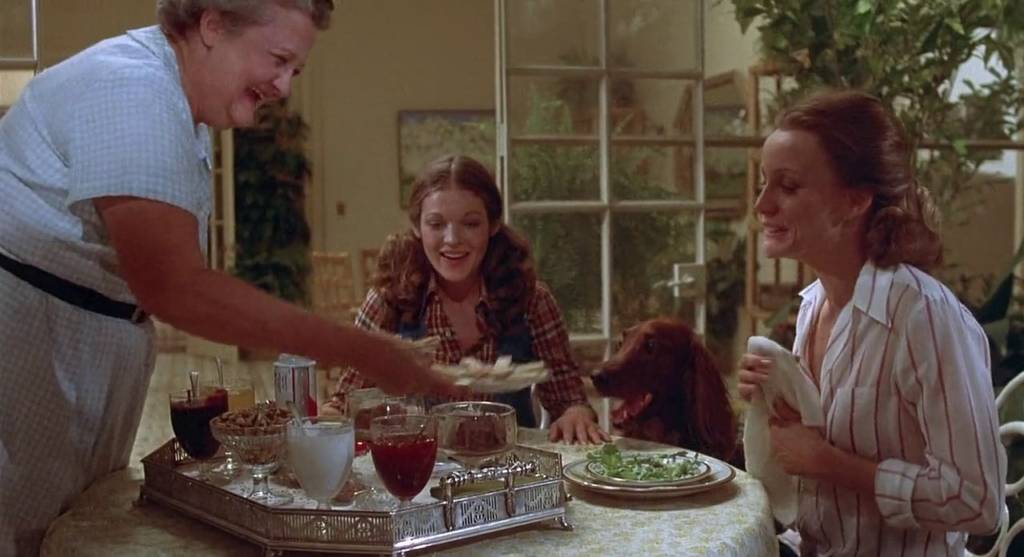

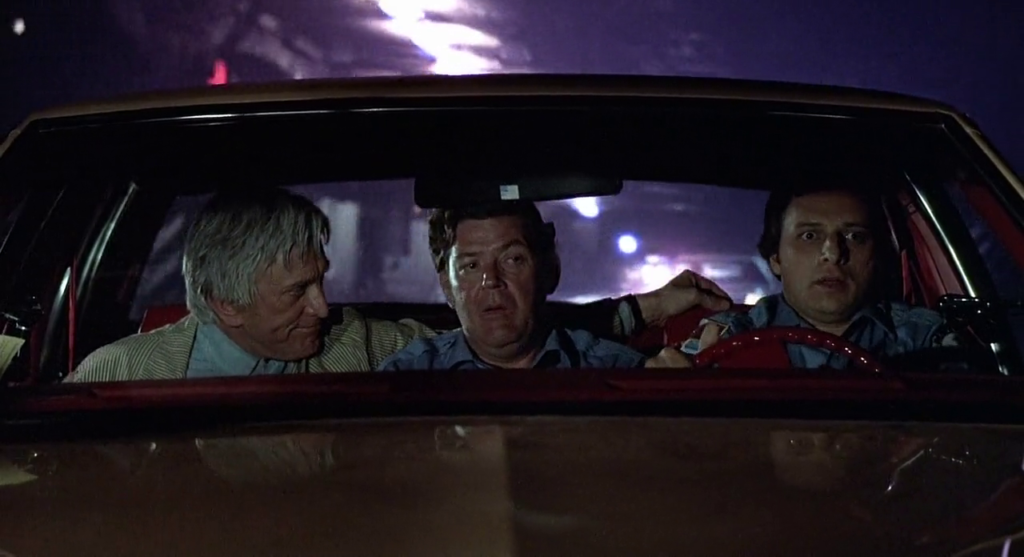
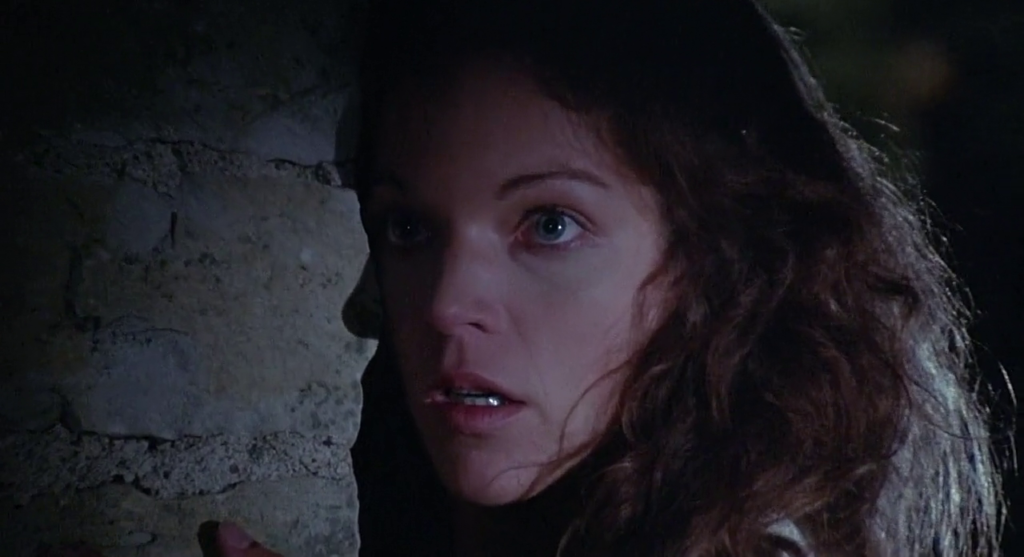
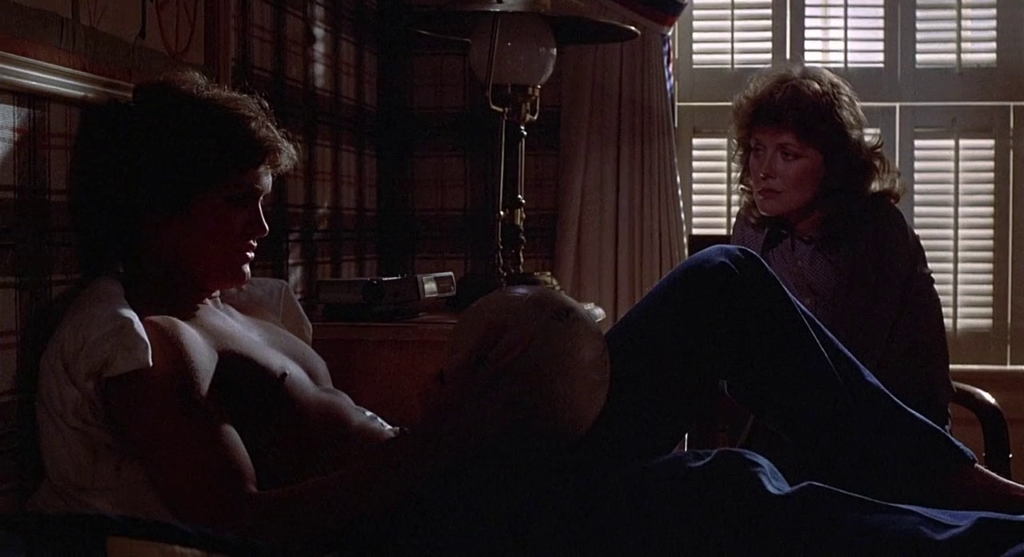
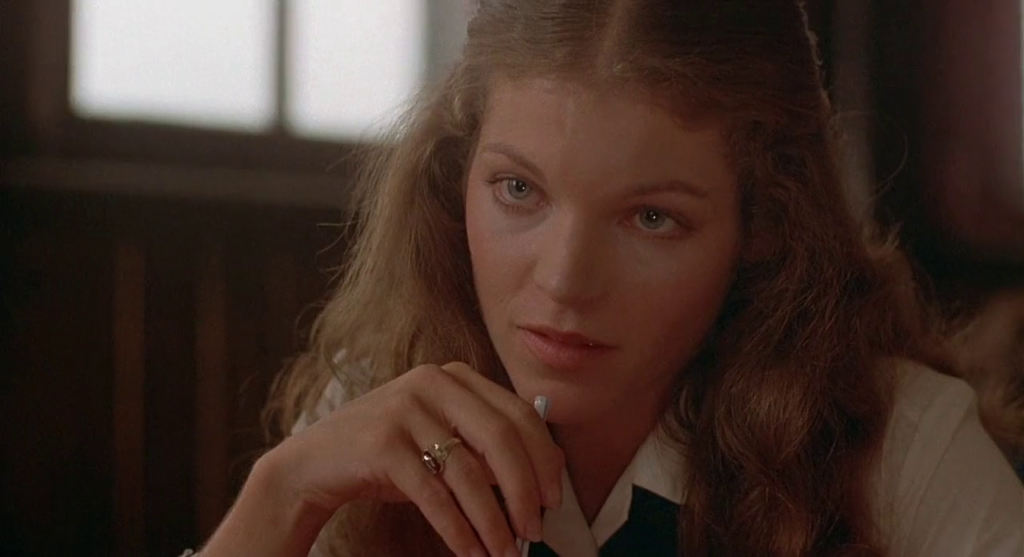
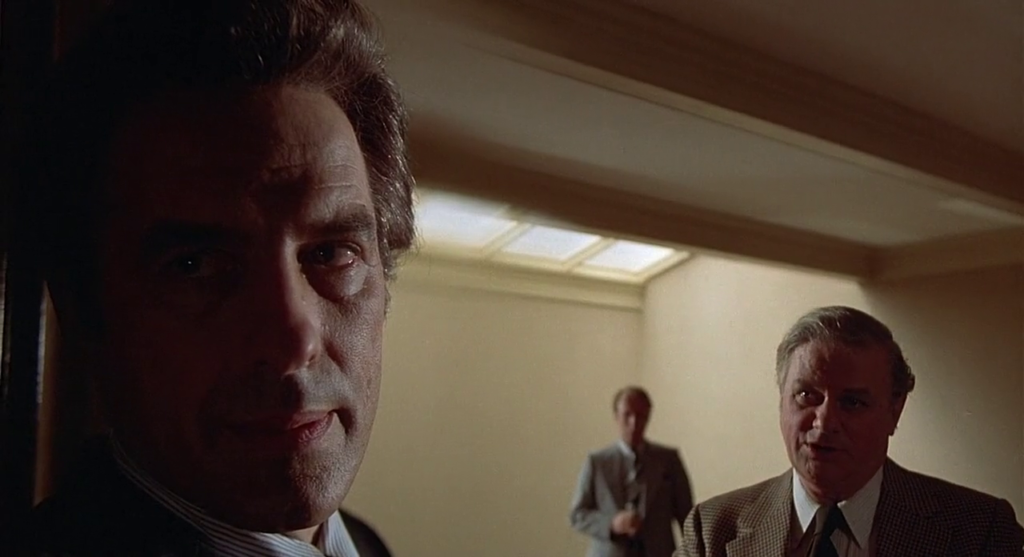
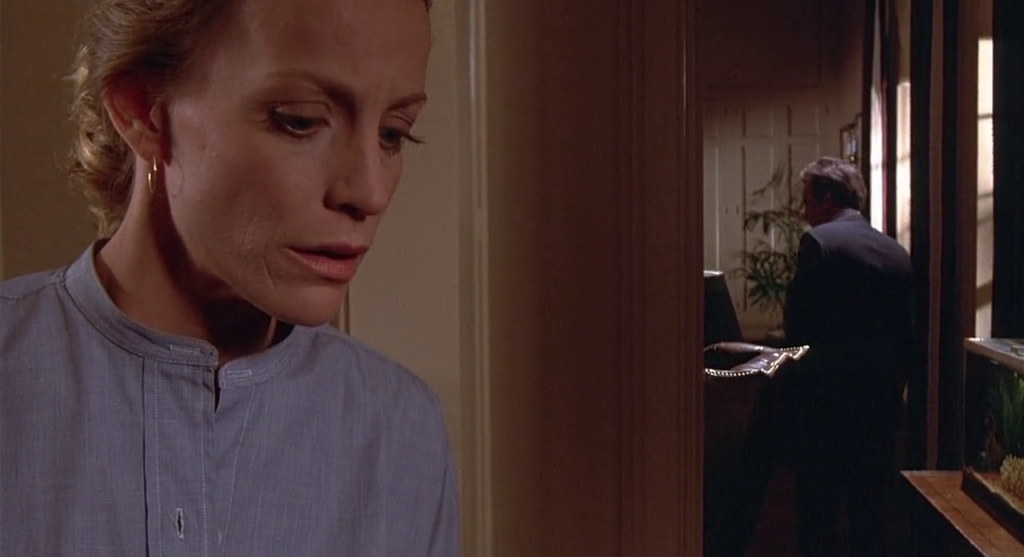
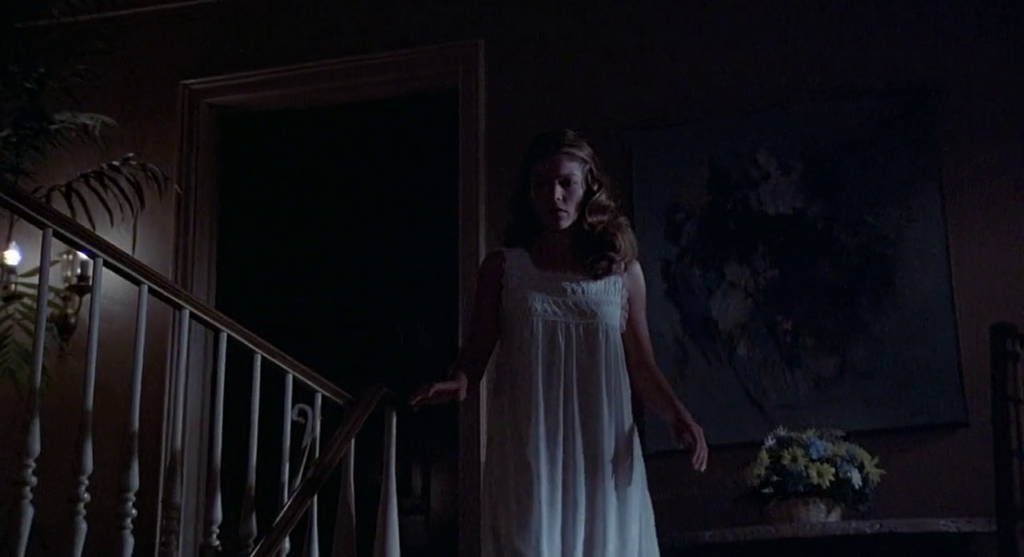
5 thoughts on “Fury, The (1978)”
⭐️⭐️⭐️ Out of ⭐️⭐️⭐️⭐️
Enjoyable sci-fi horror with decent performances and flamboyant direction and action. My favourite bit is where Kirk Douglas holds the family hostage briefly and strikes up a friendship with the old lady.
Silly, over the top and definitely not must see for FFs.
Skip it. Certainly nothing near a highlight in De Palma’s (woefully spotty) career.
~ though it may not be a bad choice if you’re looking for something for ‘Bad Movie Night’. I recall two particular howlers when I saw the film in a theater on its release: the OTT-moment when Stevens says to Lewis, “I don’t even have to touch you to make you spin!”… and (who can forget?) when Cassavetes gets his ‘comeuppance’. When that happened, the entire audience burst into hysterics.
Interestingly, Peary didn’t seem to find any humor at all in the scenes you mention; he writes:
“The scene in which Stevens wills Lewis into the air and spins her round and round as blood flies out of her bursting veins and orifices is one of the most offensive moments in film history. It’s as if she were on a torture machine. When I saw this in a theater, some pervert went into paroxysms of ecstasy, shaking his body and laughing hysterically until she was dead.”
It’s hard for me to find this scene “offensive” given how clearly (as you state) OTT it is. This is not reality by any stretch!
The scene where Douglas befriends the old lady is indeed an odd and unexpected one — it just doesn’t seem to fit the tone of the rest of the film (not that the film even really HAS a consistent tone…)
Well, that was my point – and, hence, the suggestion for ‘Bad Movie Night’. Unintentional humor isn’t humor – it’s a recognition of how wrong-headed something is. It’s usually what reads as camp (~ keeping in mind that people respond to things in different ways.)
Responding with laughter to a dumb visual doesn’t in itself make you a “pervert”. A pervert would be enjoying it as though it were real; simply finding something dumb or pointlessly exaggerated is quite different.